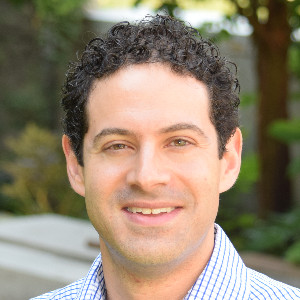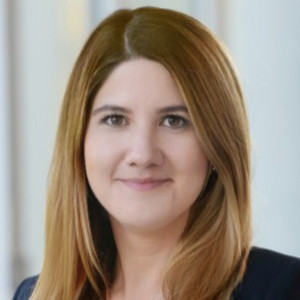I will have my case study interview with McKinsey soon. I'm doing ok with most things in case studies, my calculations are also correct. The only problem is that I'm really slow, (and sometimes can't even) figure out how to I approach the mathematical questions and what number to use for what.
Is there a way to improve this?















